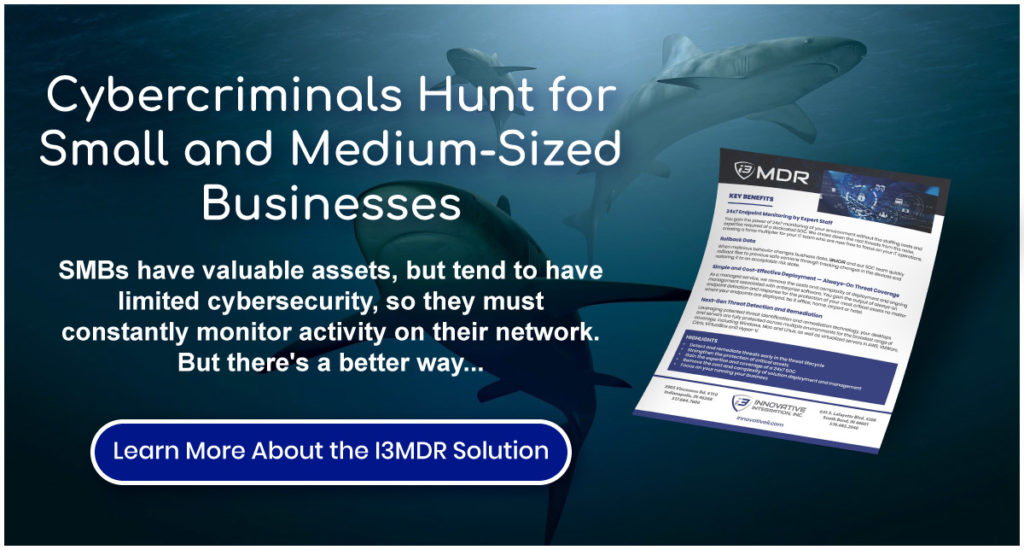Around holidays or special events, many people hope to offer or receive gift cards for personal gifts. In recent years, though, hackers have gravitated their phishing email scams to gift cards, accessing the non-refundable purchases to steal funds from customers. With hacking techniques becoming more sophisticated over time, determining the legitimacy of requests can seem nearly impossible. To protect your assets from malicious theft, let’s review the types of gift card phishing email scams used by hackers.
Watch Out for these 6 Types of Phishing Scams
What are Gift Card Phishing Email Scams?
Like email phishing, gift card phishing emails rely on personalized messaging from hackers in order to trick targets into giving them personal codes or information. Unlike email phishing scams, though, gift card phishing specifically asks targets to either purchase or activate gift cards from major retailers such as Amazon, eBay, Target, Best Buy, and Apple. While these cyberattacks appear easy to spot, phishing emails make such scams trickier to manage due to the personalization factor, which not only impersonates another person’s identity but also their email address to deceive victims. One of the top under-reported fraud schemes committed, gift card phishing email scams have reached new heights by stealing $148 million from 40,000 individuals in 2021 and threaten to do so again as businesses work toward financially recovery from COVID.
How Phishing Email Works through Gift Cards
Oftentimes, cybercriminals personalize gift card phishing email scams by posing as either a government agency, personal acquaintance, family member, or authority figure within your business. In doing so, attackers try to use their chosen persona’s relation to the victim and demand they purchase, activate, and send gift card codes. Phishing emails requesting gift cards may present as innocent requests from loved ones asking victims to buy a gift card on their behalf; on the other hand, hackers presenting as government agencies can aggressively demand payment of “debts” through gift cards, threatening to take possession of your bank account, car, or home should you refuse.
Gift card scams are rather popular for cybercriminals due to the efficiency and ease of theft. Not only do gift cards have little to no security protection regarding payment, but also present little repercussions since gift card funds are anonymous, non-refundable, and irreversible.
Upon agreeing to the phishing email terms, hackers will instruct where and how much to buy the gift cards for, followed by demands for the card codes and to put the card funds within the hacker’s control. Worst of all, though, is the fact that gift card phishing email scams force the victims to work for the scammer, whereas most scams require effort on the attacker’s part. A malicious scheme that forces targets to become the free labor of cybercriminals, these gift card phishing scams degrade victims into participating in their own theft.

Using the PIN code, hackers can access gift card funds and make non-refundable purchases on their victims’ dime.
Types of Gift Card Phishing Email Scams
While gift card fraud follows similar patterns to whale or spear phishing, there are also certain types of gift card phishing emails specifically designed to request monetary gifts. When selecting your gift cards for special occasions, here are some gift card phishing email techniques to watch out for:
Debt Collection
No one wants a call from agencies like the IRS or utility company, least of all ones that disclose potential debts in your name. However, in cases when messages demand your debt be paid through gift cards, individuals are likely facing a gift card phishing email scam. During these scenarios, the “agency” emails will order targets to pay through gift cards to settle outstanding debts, threatening legal action, account freezing, and ultimately arrest. These actions are not only unethical but illegal to enforce from government agencies, who are required by law to send debt notices via direct mail or by phone.
Prize-Winner
Gift card phishing email scams often come as an innocent, positive notice claiming targets earned a prize. While the “prizes” in cars or luxury trips seem appealing, this method works to deter victims’ defenses from noticing the email address or company email are a trap to gain access to gift cards by stipulating winners receive the prize by reclaiming cards. No legal contest requires recipients to pay fees to earn a prize with a gift card pin, giving potential targets an advantage to spot phishing email scams.
Online Auction Scams
Auction sites are a hotbed for phishing email opportunities due to the many deals and advertisements displayed for online sales. Through these sites, cybercriminals attempt to sell fake gift cards at a low cost. While this seems like a good bargain, these phishing email scams easily trick targets into buying empty or used gift cards. In short, the best practice when looking for online auction bargains is to avoid gift cards, since deals too good to be true most likely aren’t.
Romance Scams
When personalizing phishing email scams to targets, hackers tend to favor creating dating profiles, wherein they request gift cards as “presents” from targets while posing as another person. Once the relationship starts to develop, the hackers claim to either have debt, medical issues, or ask for gifts through gift cards; however, real romantic partners don’t require gift card exchanges to maintain the relationship while refusing visitation or in-person contact. Should any of the circumstances be true—or when confronted they deflect responsibility—the situation is often a gift card phishing scam. In such cases, reporting the email and flagging the profile as a scam may help ensure future targets steer clear as well.
Protect Yourself from Phishing Emails with Innovative Integration
Gift-giving through gift cards is a common means to express love while ensuring recipients receive gifts they want. While hackers attempt to dampen this exchange through gift card phishing scams, noting the techniques used to personalize attacks and trick targets into cooperating in theft can help secure your gift funds from digital thieves. For assured security for your monetary funds and gift cards, contact Innovative Integration today for quality cybersecurity defenses and hacker detection.





